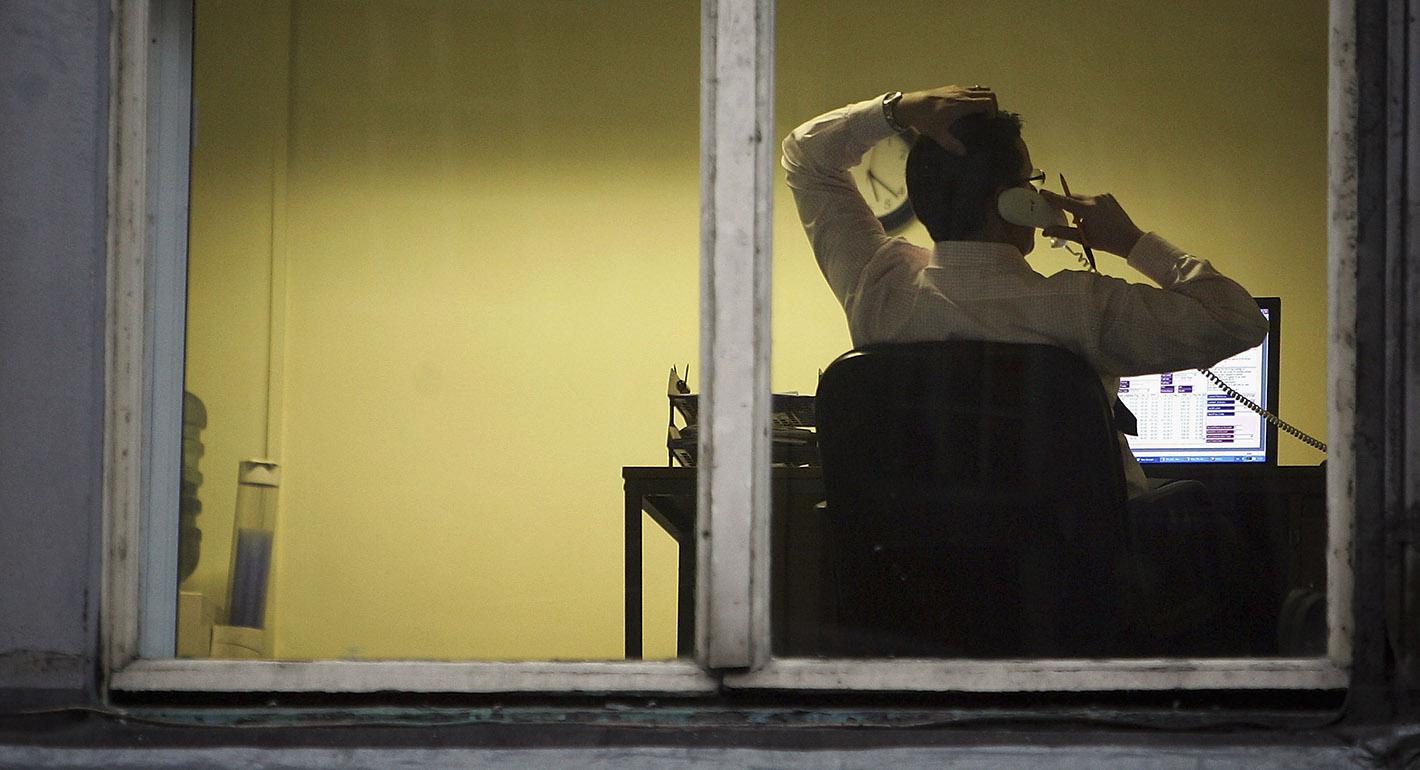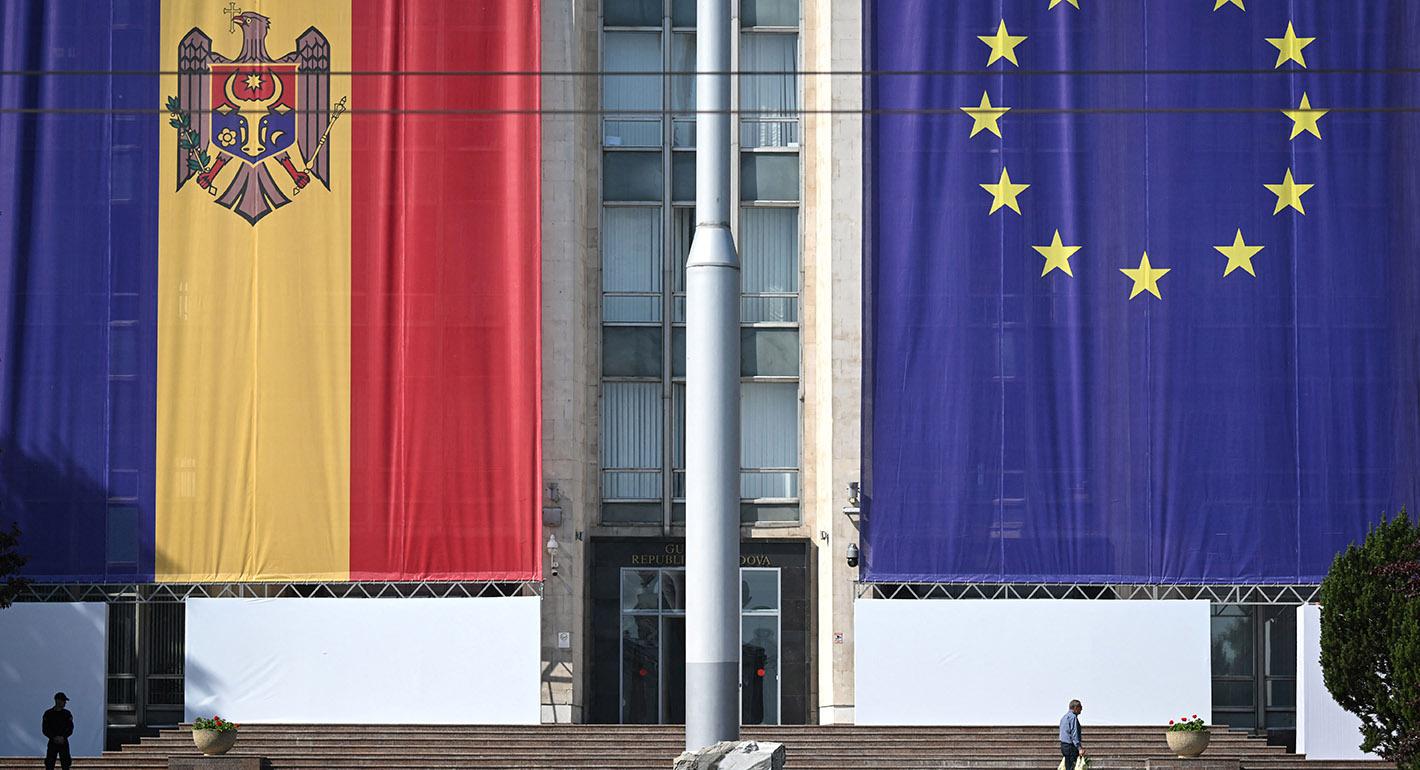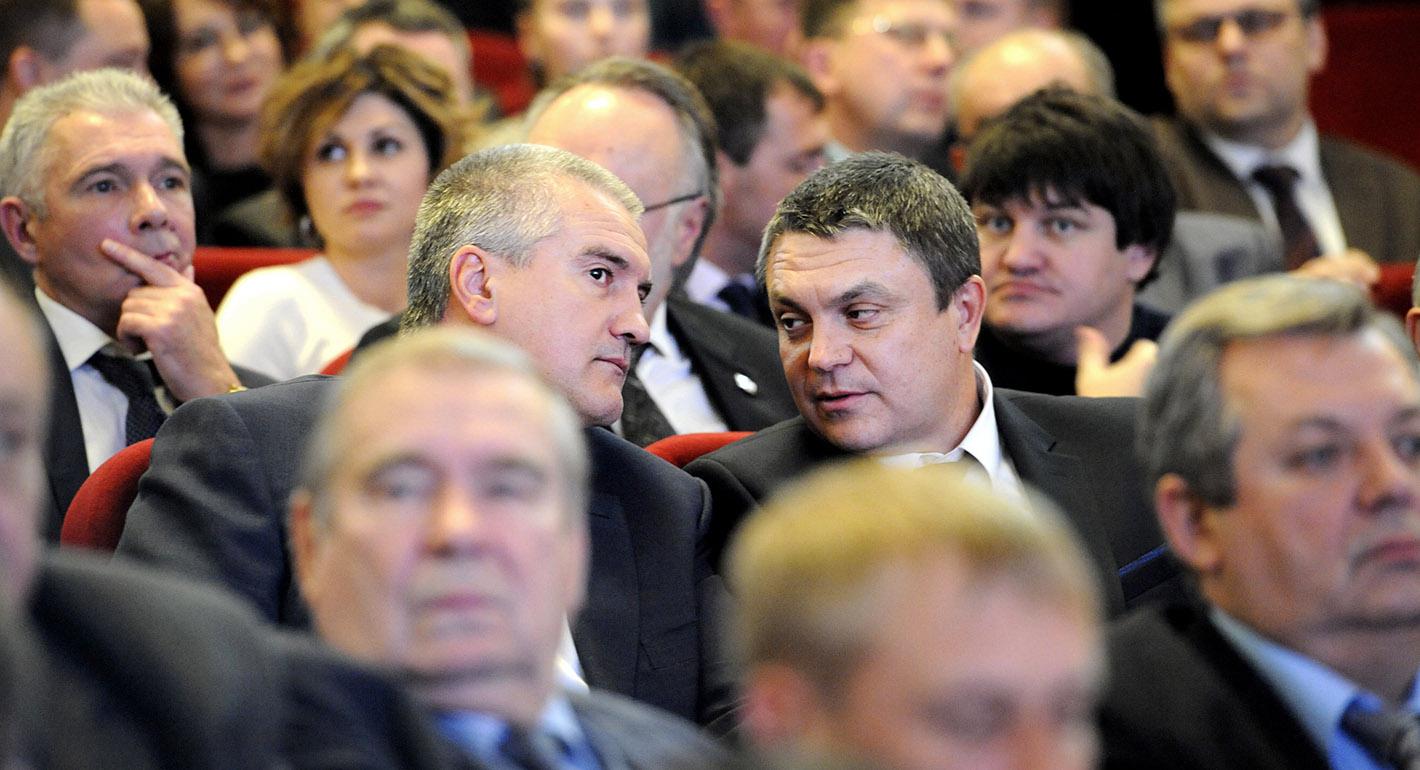During the Nazi occupation of Paris, most of the city’s residents neither supported nor opposed the Germans. They were attentistes: waiting it out. As the American historian and essayist Louis Menand wrote in his book The Free World: Art and Thought in the Cold War: “They were fully aware of the hollowness of appearances and the fragility of normal life, but they discovered that it was possible to coexist, and even, occasionally, to fraternize with the Germans and still go about their business without feeling that they had sacrificed too much moral or political self-respect.”
This is a precise portrait of the passive conformists that make up a large part of the Russian population today. It is this indifference, opportunism, and adaptability of the majority that keep Putin’s regime afloat.
Nonresistance to the regime has been contrasted with support for it by some sociologists when arguing that most Russians are not actually in favor of the “special military operation” in Ukraine. Yet in practical terms, it still amounts to support—in exchange for not being sent immediately to the trenches.
Furthermore, these attentistes à la Russe are fully prepared to fraternize with the authorities when the system that forces conformity requires it of them, since those are the rules and the price to pay in order to be more or less left in peace, and for a relatively slow and bearable decrease in their living standards.
Are opinion polls possible in a concentration camp? This is a question worth asking, and one which casts doubt on the sincerity of respondents and the reliability of the results of any research. It leads on logically to another question: do the respondents see themselves as living in a concentration camp?
It’s more likely that they have convinced themselves that their country is in the middle of a global confrontation with the West, and so, right or wrong, they need to take their country’s side. The fact that the regime does not equate to the country, and that Russia is more than President Vladimir Putin and Security Council head Nikolai Patrushev only overcomplicates matters when the average Russian is forced to justify the “special operation” to themselves.
Describing existence in the Auschwitz concentration camp in his famed memoir, If This Is a Man, Primo Levi wrote “here there is no why” and “here no one speaks willingly.” In this, there are certain parallels with people’s behavior in an authoritarian state, or in a semi-totalitarian one like Putin’s Russia. Individuals in such states are not citizens in the true sense of the word, but subjects with limited agency. Sometimes they have even voluntarily limited their agency. Now they are of interest to the state purely as a source of income (through taxes that go toward spending on classified purposes and on “defense and security,” and through the social payments given to people caught up in the “special operation” and their families); as manpower, primarily for the military-industrial complex; for their potential to fight in the war; and for their role as electoral extras in the performances generously still dubbed “elections.”
The state’s task is to establish authoritarian-totalitarian legislation and its enforcement in such a way as to stamp out any desire among most people to ask the question “why?” The answer, incidentally, is known in advance and is formulated by the subjects themselves: “Because that’s how it has to be” or “the people in charge know best.” Knowingly absolving oneself of any responsibility for anything that might happen is a characteristic of passive conformism. These people will never show the slightest interest in how their taxes are being spent: “No taxation without representation” is not something the attentistes will be demanding anytime soon.
In authoritarian-totalitarian conditions, it’s not so much the passive kowtowers who speak willingly, to use Levi’s formulation, so much as active conformists. It’s extremely important for them to demonstrate their support for the regime and to publicly castigate those with different political views, such as by denouncing them to the authorities.
Silence as a sign of assent is the main behavioral trait of a passive conformist seeking to stay out of politics, and the authoritarian component of Putin’s system hinges on this indifference. The totalitarian component requires people to be more active. Activating dormant conformists and turning them into aggressive actors is the task of propaganda, the education system, and tactics for forcing people to become complicit through mobilization or the military draft.
Still, the opportunities for bringing about such transformations are limited. Ultimately, no matter how fervently most Russians express their support for their president and their country in the purported battle against the West for Russia’s sovereignty, they do not want to live in a trench. They want to live in the comfort of their city apartments. Therefore, to avoid panic within the regime’s social foundation, it’s important to preserve the right of at least some of the population to passivity and to passive conformism.
The manipulators in the Kremlin didn’t always realize the importance of this. At first, confidence in a rapid victory led to assurances that the “special operation” would be carried out entirely by professional soldiers. But then, as the “special operation” turned into an “existential” confrontation with the West, which had “always sought to destroy Russia,” and the transformation into a hybrid totalitarian state got under way, the regime required people’s direct physical complicity in the war. Following the partial mobilization of September–October 2022, the Kremlin managed to avoid mass protests, but it did not avoid an unprecedented level of anxiety among the public. It therefore decided to alternate mobilization with a form of political and emotional demobilization.
Accordingly, in the spring of 2023, Putin began to give his personal attention to the domestic social agenda. It was important for the regime to preserve the veneer of normality in everyday life among ordinary passive conformists, without the threat of being sent to their deaths on the front lines hanging over them. At the start of the summer, the authorities began to emphasize that there was no need for any further mobilization, since the army’s ranks had been successfully replenished with volunteers and professional soldiers.
But then, toward the end of the parliamentary session, the government directly contradicted that idea by changing the legislation on military service so that all Russian men are now eligible for compulsory service between the ages of eighteen and thirty, up from twenty-seven. Other new laws have also appeared, such as criminal liability for draft-dodging within a mobilization. Despite earlier attempts by the authorities to restore at least some sense of stability to the general public, everything points to the fact that the “special operation” will not end anytime soon and that there is a severe need for manpower.
An environment of almost total coerced conformity has taken hold in Russia, with new history textbooks and compulsory patriotic education in schools, an obligatory new university module titled “Fundamentals of Russian Statehood,” and an atmosphere that encourages the denouncement and direct persecution of those who speak out against the regime, or even simply question its policies. The average Russian might not be in the trenches, but they are still obliged to support Putin’s regime.
This model of a hybrid totalitarian state and semi-mobilized society appears to be entirely acceptable to the average Russian. Certainly it’s possible to adapt to this model, including economically: a gradual decline in people’s living standards has been the norm ever since the economy started stagnating back in 2014.
Still, most people continue to live in relative comfort, and the passive conformists (not to mention the active ones) do not see their situation as anything remotely approaching a concentration camp scenario.
They can find a million ways to justify their behavior to themselves. Why, it’s only rational: what can they do but stay silent, since this is where they find themselves, in circumstances that they cannot change—and, most importantly, do not really wish to change. Their behavior is less like that of a concentration camp inmate than that of a hostage who has fallen victim to Stockholm Syndrome, and is starting to believe in the logic and cause of their kidnapper.
The main thing is to sit tight and wait out this period of unpleasantness until things sort themselves out. The population will be informed of any further changes by the powers that be. This worked out well for the Paris attentistes in August 1944, when the French capital was finally liberated from Nazi rule: they didn’t even have to relocate from their favorite cafes.
- Andrei Kolesnikov




